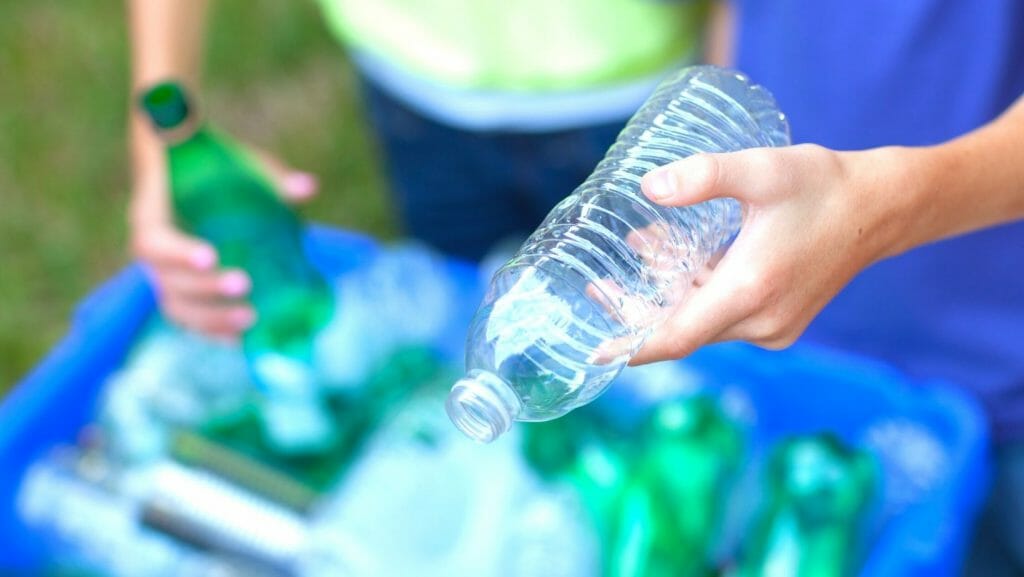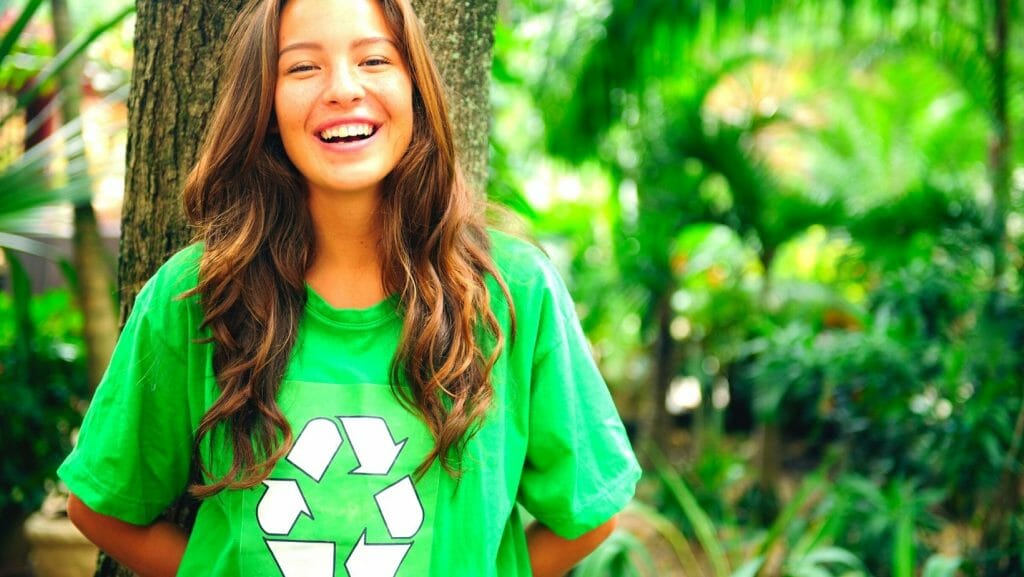Being green is trendy today, so you don’t risk acquiring a reputation of a weird geek if you recycle your waste, choose ceramic or metal plates instead of plastic, and don’t use heaters.
But the reality of hectic student life often poses challenges to eco-friendly student activities. As Alan Feel, the PM at Take My Test For Me, pointed out, students are always in a rush, eating on the go and having no time for cleaning their plates or cleaning rags. So, they often stick to using plastic plates and paper towels, forgetting about sustainability. To help you out with some eco-friendliness shortcuts, we have compiled this list of easy ways to be eco-friendly amid the chaos of student years.
Solar Chargers
Sunlight is a fantastic source of energy that billions of people can’t appropriate properly. However, innovation doesn’t stand in one place, giving you an excellent chance to save money on electricity and at the same time get access to the unlimited energy source. By acquiring a solar charger, you can have your smartphone up and running round the clock without sticking to a socket. Place your charger in the sunlight while it’s out of operation, and it will recharge quickly to power your phone. Overall, solar chargers work the same way your regular charger would do, except for no need to have a source of electricity next to you. So, you both have an operating smartphone round the clock and save the planet by reducing your electricity consumption.
Heaters and Fans
The harm of heaters and fans to the ecology is well-known. But what can you do if you feel cold or need to dry some clothes quickly? We believe that moderation is essential in this aspect; no need to walk in wet clothes or go out of your house with wet hair in winter. Instead, you should use these appliances only when you can’t do without them. In all other cases, you can minimize their use for the sake of eco-friendliness. In this way, you can let your hair dry naturally if you stay at home for several hours after taking a shower or dry your clothes naturally, on your balcony, thus saving tons of energy you would otherwise waste.
“Solar chargers work the same way your regular charger would do, except for no need to have a source of electricity next to you”

Top 10 Tips for Campus Recycling Process
Recycling your waste is not the only way to embrace the power of recycling in your daily life. Here are the top 10 tips for campus recycling process shared by our experts.
- Recycle everything you can.
- Put all plastic into your recycling container – from water bottles to salad dressing tins.
- Check every item you’re unsure about. A local refuse provider usually provides the recycling information.
- Make sure to recycle your glass bottles and containers as glass is repeatedly recycled and endlessly used in the production cycles.
- Wash your food waste containers to minimize the foul odor in the recycling containers.
- Flatten the cardboard boxes before putting them into the bin; this will allow putting more recyclables in one go.
- Check whether your institution invests in recycling and promote such initiatives if there are none to date.
- Use reusable containers for packing your lunch.
- Think about the item’s recycling before buying it.
- Reduce paper consumption wherever you can.
Paper and Plastic
Paper consumption deserves a separate mention here as too much paper is wasted in non-eco-friendly practices of students worldwide. First, you might be wasting much paper when cleaning your room or having meals, while these issues can be effectively managed with reusable rags or cloths. Second, many students prefer not to wash the dishes, using paper or plastic plates instead. Finally, paper books also contribute to non-sustainable practices, with students buying new paperback books and spoiling the ecology with every purchase like that.
So, what is a way out of paper waste, and how can students get eco-friendlier with thoughtful, rational paper consumption? Besides reusable cloths and regular plates (ceramic or aluminum), students can buy used books or opt for a paperless study format. They can make notes and complete assignments on their digital gadgets, such as laptops or iPads, thus saving kilograms of paper every month and letting our planet heal the wounds of over-consumption.
LED Bulbs
Tips for college students living off campus and those residing on campus are the same – shift from regular bulbs to LED bulbs. The benefits of that transition are numerous, including the financial savings and eco-friendliness. First, LED bulbs can serve you for over 40 years without flaws. Second, LED bulbs are much greener in terms of ecology and can reduce your carbon footprint sizably.
Research suggests that LED bulbs convert over 80% of energy to produce light, four times more than the regular bulb’s 20% productivity. Besides, LED bulbs consume less energy to light your apartments for rent in Hampton, which inevitably leads to lower energy bills.
“Besides reusable cloths and regular plates (ceramic or aluminum), students can buy used books or opt for a paperless study format”

Tips for College Students Living Off Campus: Activism
Even if you live a perfectly eco-friendly life, you should keep in mind that doing more is still in your power. One of the ways to contribute to eco-friendliness promotion is to partake in the college or university activist groups, regardless of whether you are a campus resident or not. Look through the list of eco-initiatives on campus and join the one you like the most. Suppose there are no organizations of this kind at present. In that case, you can unite with like-minded peers and establish a community promoting sustainability, recycling, and eco-friendly practices of all kinds.
Eco-Friendliness Takes Time
As you can see, there are so many ways to remain eco-friendly even on the go and amid the study fuss. Throwing plastic plates and paper towels in the trash bin is definitely faster than cleaning reusables. But stop for a minute and calculate the expenses and the carbon footprint of such behaviors. Then do an experiment by following the eco-routines for at least one week. You’ll quickly realize that eco-friendly habits are easy to follow, taking not too much extra time from your hectic schedule. Besides, the feeling of contentment and smaller bills for disposables and energy will make you smile and stick to sustainable routines for years to come.


